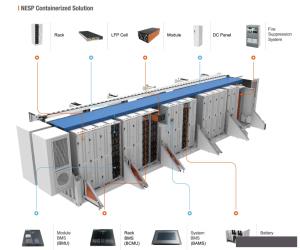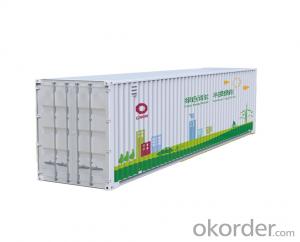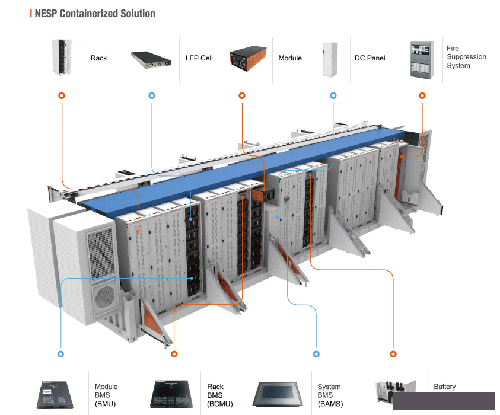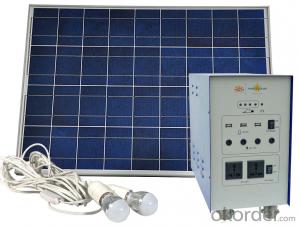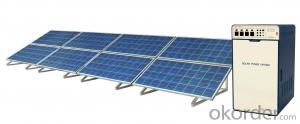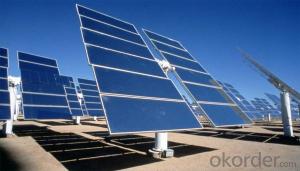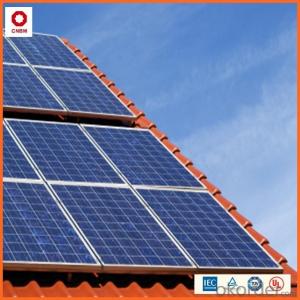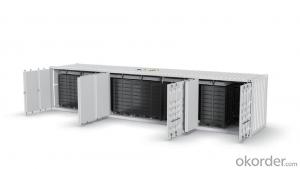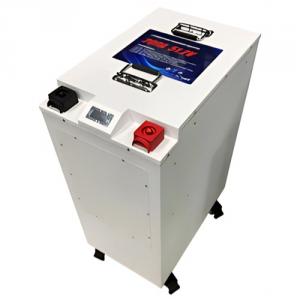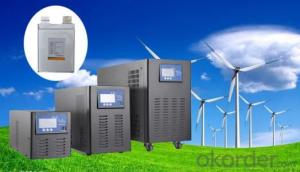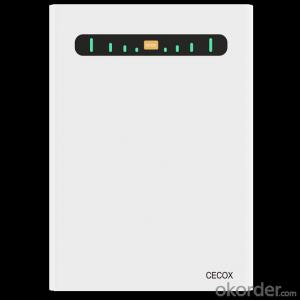1 Mwh Container Energy Storage System LiFePO4 battery for remote place ESS
- Loading Port:
- Shanghai
- Payment Terms:
- TT OR LC
- Min Order Qty:
- 1 unit
- Supply Capability:
- 50 unit/month
OKorder Service Pledge
OKorder Financial Service
You Might Also Like
Specification
Features:
1.LiFePO4 lithium battery
* Long-cyclelife (up to 2000 cycles)
* High specific energy
* High specific power,
* High energy conversion efficiency
* Easy installation
2.Intelligent battery management system(BMS)
* Precise voltage detection
* Precise current detection
* Precise temperature detection
* Precise SOC evaluation
* Battery protection
* Active balance
* Remote monitoring system interface
3.Unique Battery thermal management technology
According to aerodynamics and hydrodynamics theory, we has designed a unique thermal control system model for batteries. The model
has been extensively tested, by carrying out lots of temperature analysis experiments, to make sure optimization and uniformity
for each unit in the energy storage system is guaranteed.
Advantage:
First-class R&D team: Our R&D colleagues are from the TOP3 Lithium battery companies in China. we have very rich experience in lithium battery design, electronics, system testing and real application.
Strict Quality Control: We set a series strict QC standards include battery battery appearance, package, internal structure,charge / discharge performance, IP request etc. We strictly obey this standards to make sure every customers can get high quality battery from us.
Customer first culture: 80% of our customers are 5 years above close win-win cooperation partner. We treat our customers as our friends, family members. Every batteries we produced, sold are priceless trust from customers, so we cherish it and we keep a grateful, royalty and honesty heart to our customers.
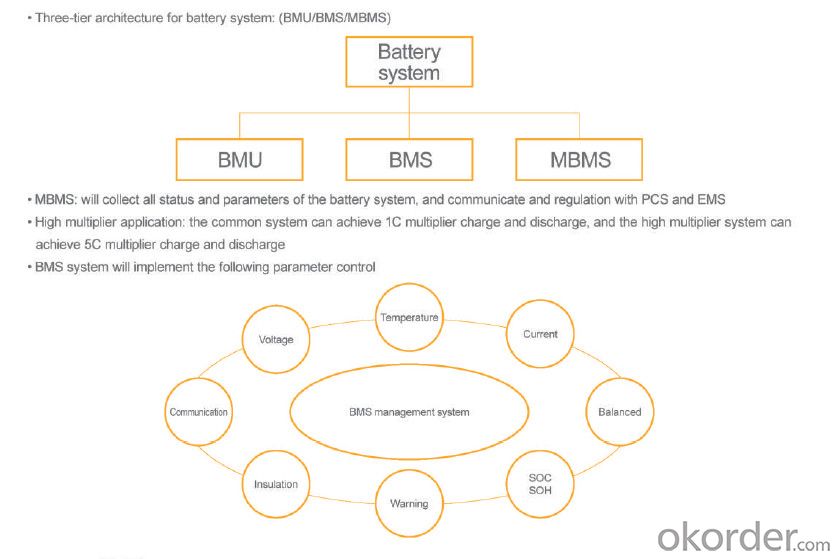
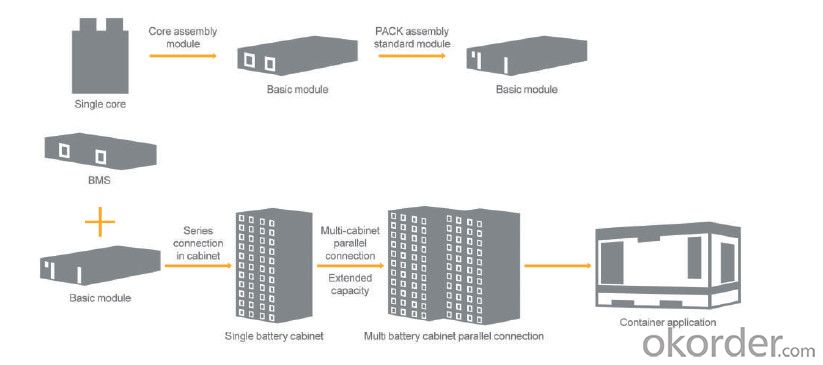
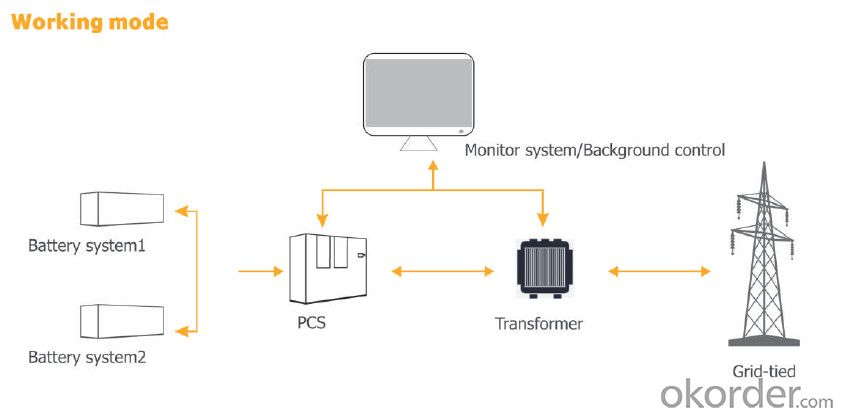

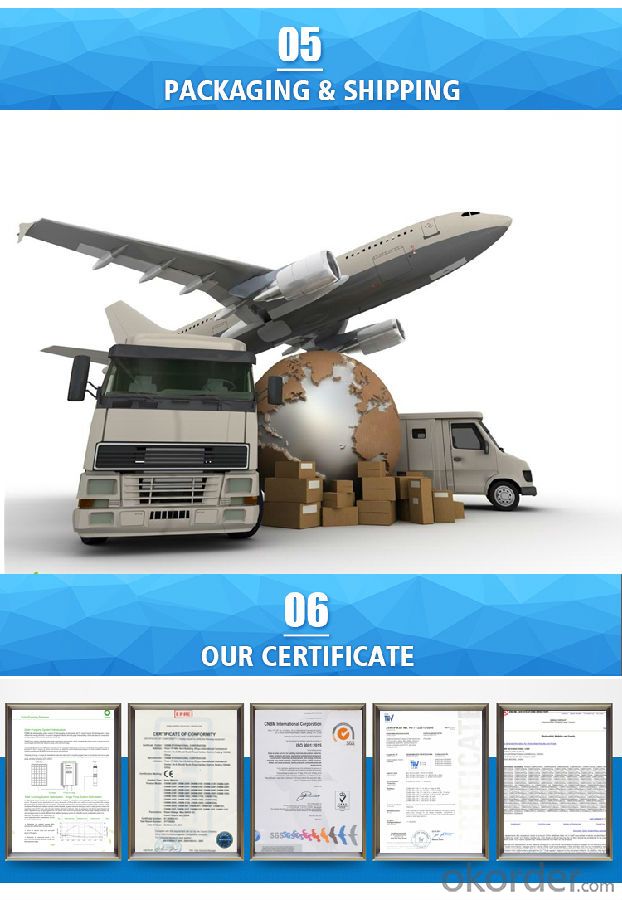
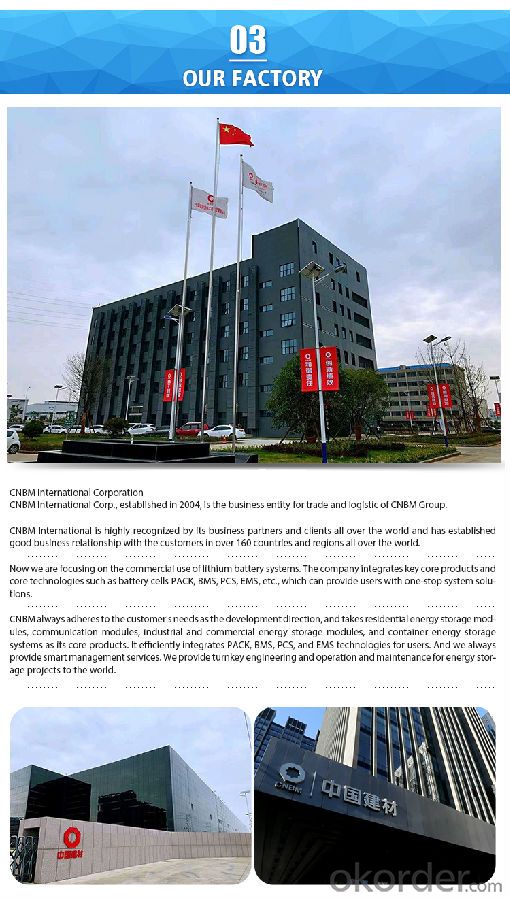
- Q: What are the components of a solar energy system?
- The components of a solar energy system typically include solar panels, an inverter, a mounting structure, wiring, and a battery (optional).
- Q: What is the role of grounding systems in a solar energy system?
- The role of grounding systems in a solar energy system is to ensure safety by providing a path for electrical current to flow in the event of a fault or surge. It helps protect the system and its components from damage caused by lightning strikes, power surges, or electrical faults, while also mitigating the risk of electric shock for individuals working on or near the system. Grounding systems also aid in the proper functioning of protective devices, such as circuit breakers, by ensuring that they can detect and respond to electrical faults effectively.
- Q: Can solar energy systems be used in areas with limited access to solar junction boxes?
- Yes, solar energy systems can be used in areas with limited access to solar junction boxes. In such cases, alternative methods like micro-inverters or power optimizers can be employed to convert the DC power generated by solar panels into AC power without the need for a central junction box. These decentralized solutions allow for greater flexibility in system design and can be particularly useful in remote or challenging locations where traditional grid-connected systems may not be feasible.
- Q: Solar power generation system how to choose?
- Inverter in the northwest power plant used more, but the Northwest Power Plant aunt groups of regular cleaning, and northwest power station construction in the warm sun where no human habitation, not what influence the efficiency of the system. Micro inverter system is more suitable for villas or single family houses, but the price is more expensive than the centralized inverter, such as Yu APS system efficiency of 95.5%. The United States is the best enphase, but the price is higher than 50%, the individual feels more than the amount of power generation, to buy domestic energy can be enough.
- Q: How much maintenance does a solar energy system require?
- A solar energy system requires very little maintenance. Routine inspections and cleaning of solar panels may be necessary, but overall, they have a long lifespan and require minimal upkeep.
- Q: Can solar energy systems be used for powering outdoor lighting?
- Yes, solar energy systems can be used to power outdoor lighting. Solar-powered outdoor lighting systems utilize solar panels to convert sunlight into electricity, which is then stored in batteries for use during the night. This eco-friendly and cost-effective solution eliminates the need for traditional power sources, making it an ideal option for outdoor lighting in various applications, such as gardens, pathways, parks, and street lighting.
- Q: How do solar energy systems impact renewable energy targets?
- Solar energy systems have a significant impact on renewable energy targets as they contribute to increasing the overall share of renewable energy in the energy mix. By harnessing the power of the sun, solar systems generate clean electricity, reducing the reliance on fossil fuels. This helps countries and communities to meet their renewable energy targets by diversifying their energy sources and reducing greenhouse gas emissions. Additionally, the scalability and accessibility of solar technology make it a viable option for both large-scale projects and individual homeowners, further accelerating the progress towards renewable energy targets.
- Q: Can solar energy systems be used in areas with limited space on rooftops due to existing equipment or structures?
- Yes, solar energy systems can still be used in areas with limited space on rooftops due to existing equipment or structures. In such cases, alternative solutions can be employed to maximize the utilization of available space. One option is to install solar panels on ground-mounted systems instead of rooftops. These systems can be placed in open areas adjacent to buildings or even on unused land nearby. Additionally, solar canopies or awnings can be installed in parking lots or other open spaces to generate solar power. These structures can be designed to provide shade and shelter while simultaneously harnessing solar energy. Thus, even in areas with limited rooftop space, there are various creative options available to implement solar energy systems.
- Q: Can a solar energy system be installed on a residential apartment complex?
- Yes, a solar energy system can be installed on a residential apartment complex. In fact, many apartment complexes are already utilizing solar energy systems to generate electricity. These systems can be installed on the rooftop of the apartment building or on a ground-mounted structure nearby, depending on the available space and sunlight exposure. By installing a solar energy system, apartment complexes can reduce their reliance on traditional grid electricity, lower their carbon footprint, and potentially save on electricity costs. Additionally, residents can benefit from reduced energy bills and increased sustainability. However, it is important to consider factors such as local regulations, building structure, and ownership arrangements when planning to install a solar energy system on a residential apartment complex.
- Q: What is the impact of roof angle on the performance of solar panels?
- The performance of solar panels is significantly impacted by the angle of the roof. The ideal angle of the roof depends on the location and time of year when the installation takes place. In order for solar panels to perform at their best, they should be tilted at an angle that allows them to capture the maximum amount of sunlight throughout the day. This is because the angle affects the amount of direct sunlight that falls on the panels, which directly influences their energy production. In areas closer to the equator, where the sun is directly overhead, it is generally recommended to have a roof angle of around 30 to 45 degrees. This allows the panels to receive the highest amount of sunlight throughout the year. On the other hand, in regions that are farther from the equator and have a lower position of the sun in the sky, a steeper roof angle of approximately 45 to 60 degrees may be more suitable to optimize the performance of solar panels. The impact of the roof angle on solar panel performance is also noticeable during different seasons. For instance, during the summer when the sun is higher in the sky, a flatter roof angle may be more effective in capturing sunlight. Conversely, during the winter when the sun is lower, a steeper roof angle can help maximize the production of energy. It is important to keep in mind that while the roof angle is a crucial factor, there are other factors that can also affect the performance of solar panels. These include the orientation of the panels (preferably facing south in the Northern Hemisphere) and the presence of shading from nearby objects or trees. Proper planning and design are essential to ensure the solar panel system operates optimally and efficiently.
Send your message to us
1 Mwh Container Energy Storage System LiFePO4 battery for remote place ESS
- Loading Port:
- Shanghai
- Payment Terms:
- TT OR LC
- Min Order Qty:
- 1 unit
- Supply Capability:
- 50 unit/month
OKorder Service Pledge
OKorder Financial Service
Similar products
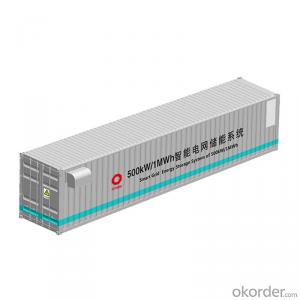
Zen Solar Energy Systems - ESS Solar Energy Storage System 500kW 1MWh with LifePO4 Battery Container
Hot products
Hot Searches
Related keywords
